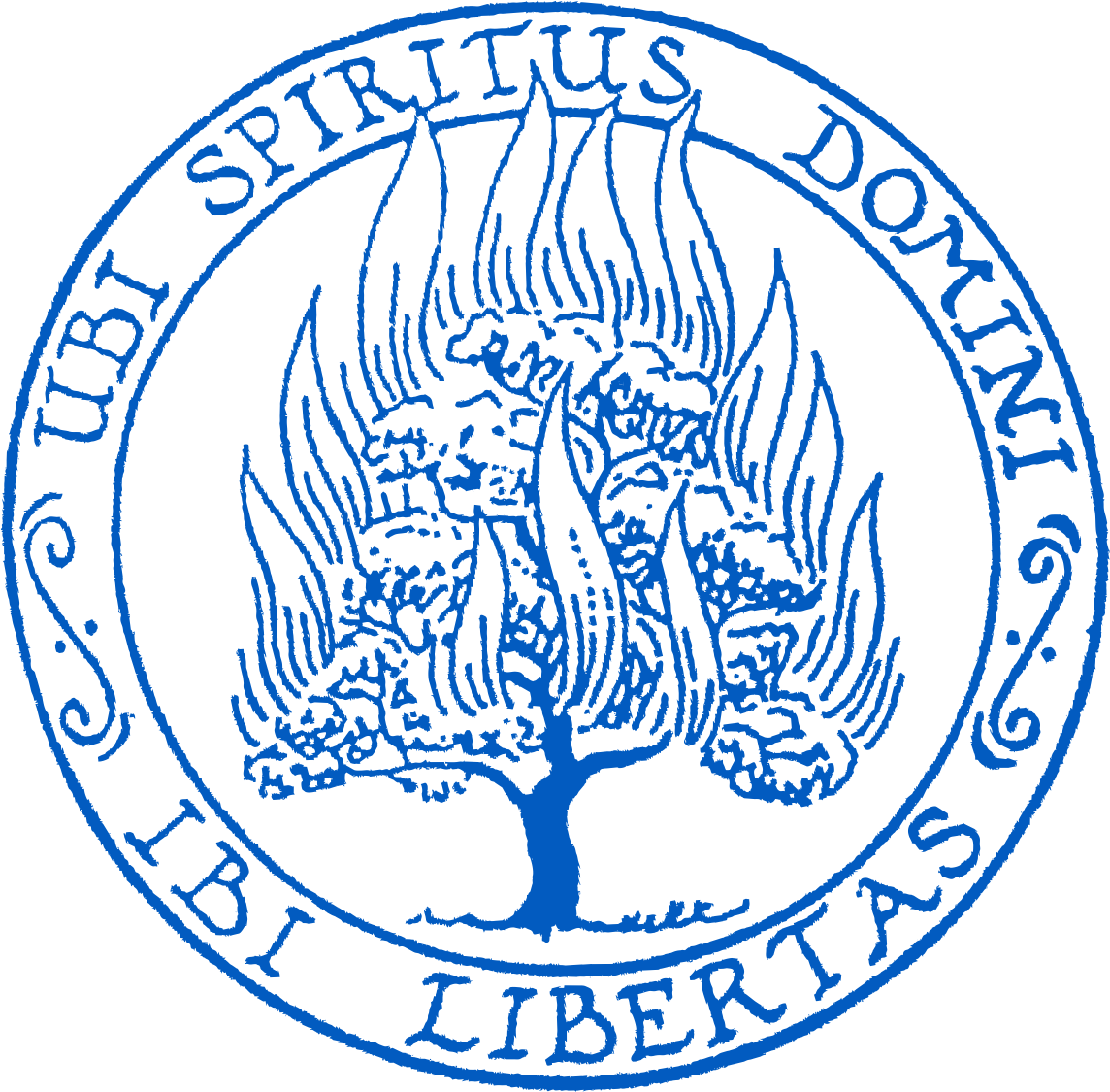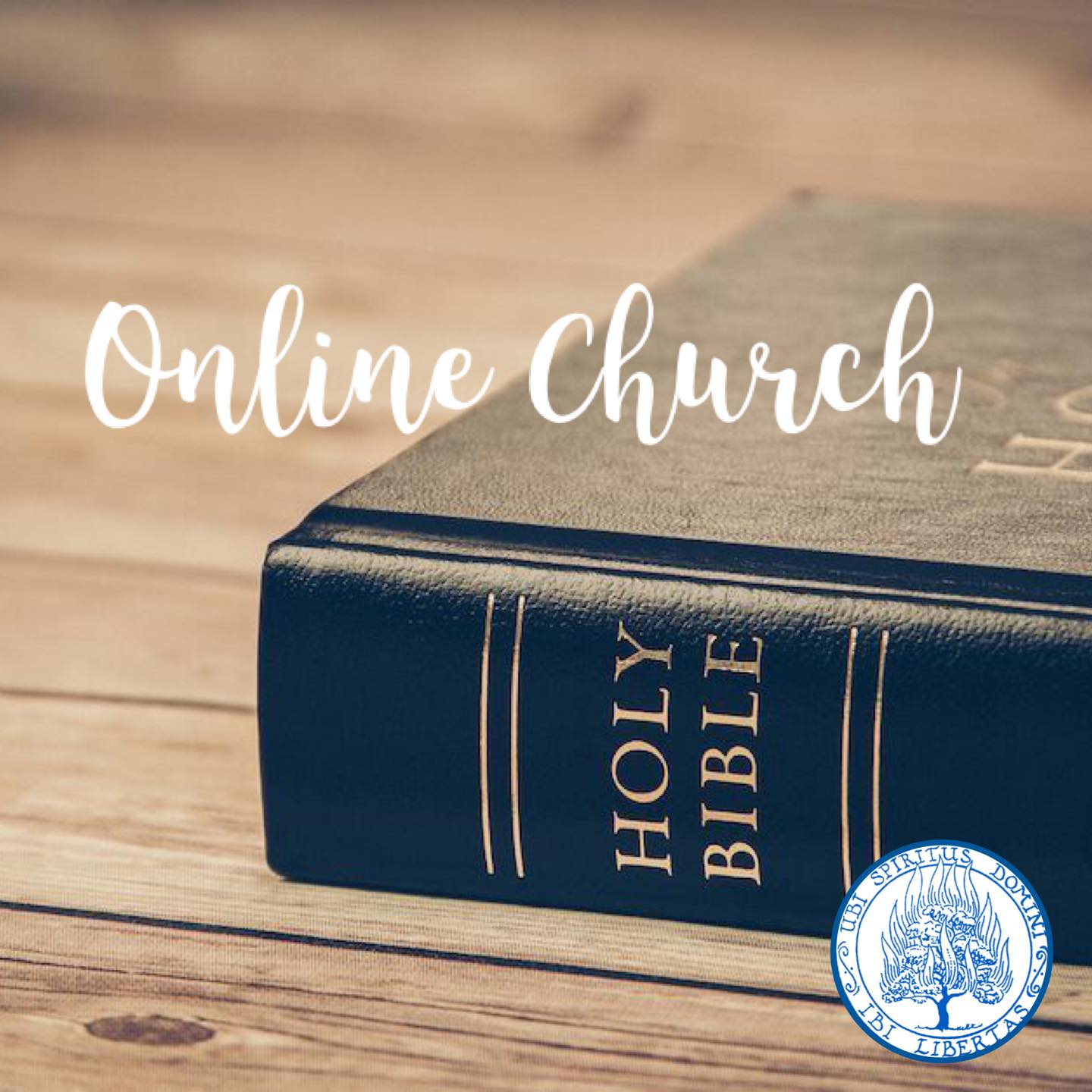By Rev Dr David Steers
How do we do justice to a person as vivid, as lively, as remarkable as the Rev Mac? There were so many facets to his character, so many ways in which he touched such a wide variety of people, so many ways in which he came to our attention and was such a force for good.
In 2004 the Oxford Dictionary of National Biography was published in 60 volumes and launch ceremonies were held across the British Isles including one at Queen’s University. Mac was a contributor to this important publication that lists tens of thousands of biographies and I was there at the publication’s launch with Mac. But one of the features of this set of books when it was first produced was that there was a handful of people whose eminence in different, not necessarily connected, disciplines meant that more than one person had to write their biography. Well Mac is such a person today. It is hard for one person to do justice for the range of achievements, interests and accomplishments which Mac displayed in his life.
First and foremost we should say that Mac was a minister, someone who preached the gospel in our liberal Christian tradition and who was not afraid to stand up for what was right often in difficult circumstances, especially through the period of the Troubles. But I think that everything else he did – and he did such a lot – was rooted in his call to ministry, in his sense of vocation.
So, widely and affectionately known as the Rev Mac the hosta that was named after him was also called just that and whether it was working in the church or working with flowers in the horticultural world or in many of the other spheres he operated in he brought the values of a reflective, thoughtful, tolerant faith that inspired him all his life through.
When I was minister of All Souls’ Church in the 1990s Mac came to do a floral display to celebrate the centenary of the church building. He flew in through the door like a force of nature bringing friends and collaborators in his wake and creating – what he did in so many places - a wonderful display that drew on the history, theology, and the architecture of the building using flowers and blooms and plant material which spoke of God’s love and God’s creation, a true expression of faith using natural materials.
This was something that Mac did all around the world, his fame in this area was literally spread across the globe. I remember once asking some ladies in St Giles Cathedral in Edinburgh if they knew the Rev Mac, ‘O yes’, they told me and began to reel off when he had been in Scotland what he had done when he was next coming. Indeed I often think you could play a game to find the most remote place where someone has come into contact with someone else who knew the Rev Mac. For starters I would offer the members of my church at Ballee who were on honeymoon in Barbados who met a local person on a beach who somehow found out they were Non-Subscribers. “Do you know the Rev Mac?” was the inevitable next question.
I remember being at the Synod one year when news reached us that Mac had become the leading floral artist in the world. In those pre-internet days news did not travel rapidly but we heard of this great achievement and everyone was truly impressed. It was something to learn that one of our number had achieved this accolade, someone who was also a scholarly minister, a great preacher, a devoted and hard-working pastor, someone who through his work was, like Gamaliel, held in honour by all the people.
Mac was a distinguished minister of this denomination, born into the Dromore church and who went into training after beginning work as a journalist, working for the Dromore Leader. Mac had so many anecdotes about people and places but his account of being taken on as a student, having to preach on trial before the whole presbytery and the severe attitudes of some of the clergy in those days was frightening. Mac went to train at the Unitarian College in Manchester and at Manchester University. There was no financial scholarship to train for the ministry and very little income to do that but was supported anonymously by members of his church.
I don’t think it was easy for Mac in the early days of his training and at one point he had to resit the entirety of his exams becoming in the process the only person who had ever done this in one go. He also apparently had – for reasons I don’t understand – to learn a bit of the Icelandic language. I have to confess that I very much doubt that Icelandic ever came to be in any way useful in the work of the ministry.
But I know that as the senior student of the College Mac was Principal Fred Kenworthy’s right hand man. Years later he was also offered the position of Principal himself, although he declined it.
Mac’s training included a stint doing a pastorate in our church in Cork, quite a different world then in so many ways but the culmination of all his work was to be called to be minister of Newry and Warrenpoint where he also took on a role teaching. Mac was minister to those two churches from 1959 to 1970 and was held in high regard and great affection by all the congregations. His ministry there coincided with the start of the Troubles and Mac was at the forefront of those who tried to calm down the growing tension, at one point being hit on the head by a breeze block when he was attempting to stop a riot. This was a serious enough injury and the situation was so dangerous that he and some other clergy had to take shelter overnight in the convent, but it did also end the painful migraines he had been experiencing. Not a conventional cure or one you could expect on the NHS but effective nevertheless.
In 1970 Mac accepted a call to Dunmurry in succession to his father in law, the Rev John McCleery, and remained as minister here until 2016 when he retired and became the senior minister. The congregation flourished under his leadership and I know that everyone is devasted by the loss of their senior minister. From 1976 to 1980 he also had charge of the Moira congregation.
Mac’s service to this denomination on different committees, funds and organisations was enormous. But among other things he was moderator of the General Synod from 1969 to 1971 and again from 1985 to 1987.
But his ministry was multi-faceted, it reached into so many places and manifested itself in different ways.
In one way it was truly international. Mac represented this denomination on the IARF, the world’s oldest international inter-faith organisation for twenty years from 1961. He was held in very high regard by all his colleagues there. Partly through that organisation Mac travelled to many places as a preacher and lecturer. He preached at the famous King’s Chapel in Boston in the 1960s and told me that he received more for that one service than he was paid for a whole year at the time. In Europe he had a close link with many church people of a similar mind, particularly with liberal and free Christian groups in Switzerland, France and Germany where the affection in which he was held by the professors and church leaders of those groups was always palpable when you met them. He also travelled to Romania during the Communist era to visit the Unitarian Church in Transylvania, enduring the challenge of the arduous and lengthy night time rail journey across the border from Budapest to Kolozsvar which was then the only way in to that city. Here he was one of the first Westerners allowed to preach at that time but always under the watchful scrutiny of the Securitate.
Mac’s work in Northern Ireland throughout the Troubles, particularly in regard to the establishment of cross-community nursery schools, at a time when such things were regarded as dangerously novel was recognised and supported by the IARF and resulted in him being awarded the Albert Schweitzer Award at the 1978 Congress in Oxford, a signal honour for his work in breaking down barriers.
But another aspect of his ministry was his tremendous achievement as an historian. This grew out of his training for the ministry in Manchester where he went on to be awarded a Master’s degree on ‘The Subscription Controversy in Irish Presbyterianism from the Plantation of Ulster to the Present Day’ by Manchester University in 1959. Mac’s knowledge and understanding of the history of this denomination was unparalleled. It was sustained by his interest in antiquarian books which led him to build up a tremendous library, originally by careful scrutiny of what was available in Smithfield Market until he built up an astonishing collection of books, periodicals, prints and sermons. Mac’s knowledge was formidable, often I would ring him with random questions about obscure figures and Mac would tell me who I was looking for and all there was to know about him. Mac had developed a wonderful fasti or biographical resource of everyone who had entered the ministry in our tradition and with these he had amassed a great collection of images and illustrations. From this he was able to produce many excellent books, articles and pamphlets often drawn out of lectures or talks that he had given. There is not time to list them all here but his writings displayed both a depth and breadth of knowledge presented in a style that was eloquent, accurate and instructive. He was always so willing to help any inquirer with information.
At the end of his biography of Henry Montgomery, A Profile in Courage, Mac quotes the Rev C.J. McAlester preaching at his memorial service in this church in 1865 and I will close my words with that quote which is equally applicable to Mac:
More acceptable to our venerated friend than 'storied urn or animated bust' would be the earnest efforts of those who honour him to cultivate with diligence, and guard with jealous care, those principles of Christian freedom, truth and love, which it was the noblest labour of his lengthened life to vindicate and extend.

